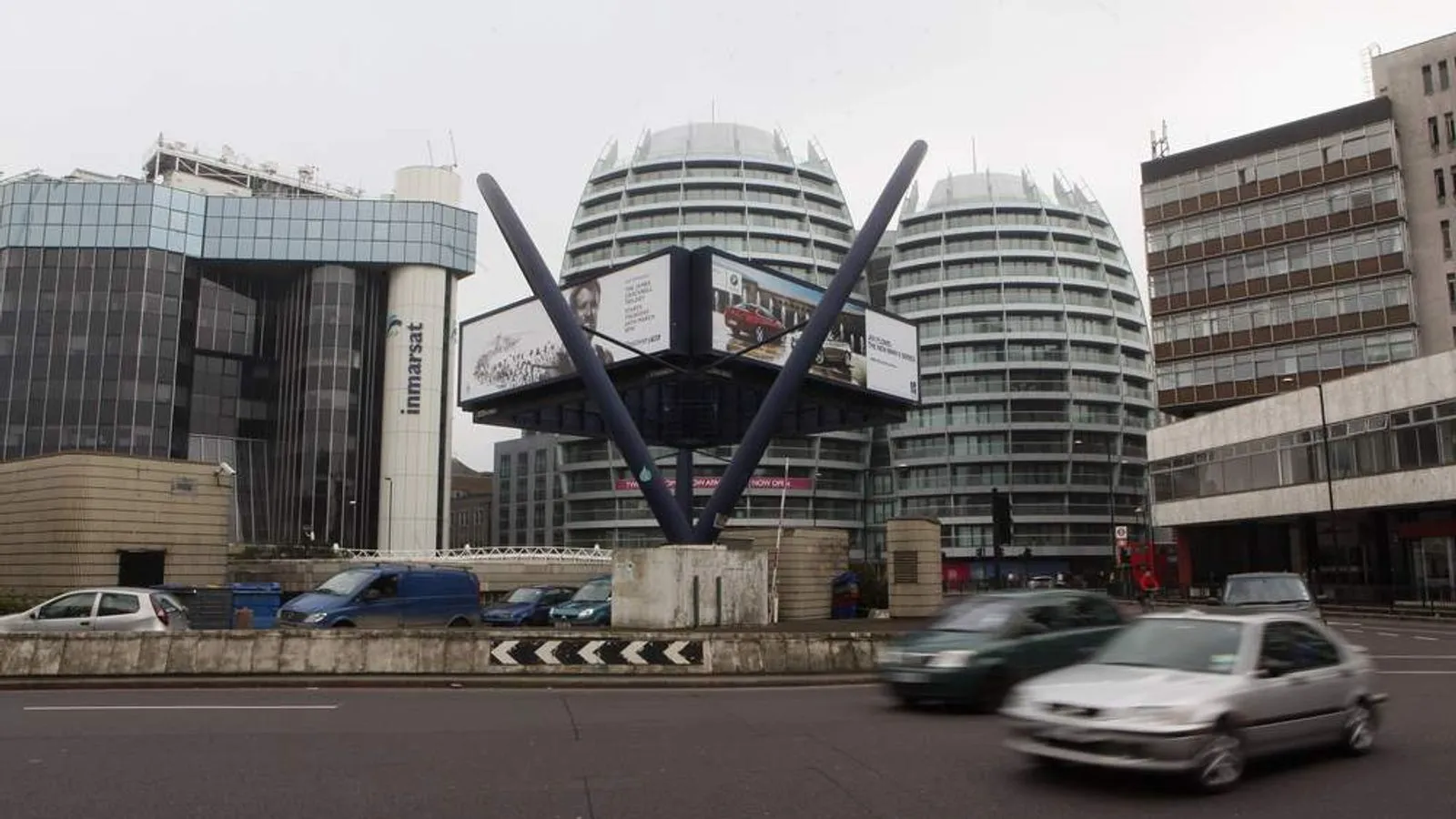Technology
London Tech Ecosystem Attracts $2B in Series A to D Deals in 2025

Introduction
London’s technology sector has once again proven its resilience and global appeal. Despite a year marked by cautious investor sentiment worldwide, the city’s tech startups have secured an impressive two billion dollars in Series A through Series D funding rounds during 2025. This achievement reaffirms London’s position as Europe’s leading technology hub and a global center for innovation, venture capital, and entrepreneurship.
The strong inflow of capital highlights a notable rebound from the funding slowdown of 2024, when rising interest rates and investor caution dampened global venture activity. In 2025, the recovery has been driven by renewed investor confidence in London’s fintech, artificial intelligence, and clean technology sectors, as well as the emergence of new regulatory frameworks designed to encourage capital formation and cross-border collaboration.
Funding Trends and Investor Confidence
Data from several venture analytics firms show that London-based startups have attracted close to one-third of all venture funding raised across Europe so far this year. The average deal size has grown significantly, with mid-stage rounds (Series B and C) accounting for more than half of the total capital raised. Investors are showing a strong preference for companies with proven business models, recurring revenues, and measurable paths to profitability.
Venture capital firms based in the United States and Asia have also played a major role in driving London’s funding surge. Many of these investors view the UK’s tech ecosystem as a stable alternative amid ongoing market volatility elsewhere. The city’s deep talent pool, access to European markets, and robust financial infrastructure continue to make it an attractive destination for global capital.
Among the most active investors are major international funds as well as several prominent domestic venture firms. Their participation reflects a renewed appetite for growth-oriented investments following a period of valuation corrections in 2023 and early 2024. Analysts note that the stabilization of interest rates and improving macroeconomic indicators have boosted investor confidence in high-growth technology sectors.
Sectoral Breakdown of Investments
Fintech remains the backbone of London’s technology scene, attracting nearly 40 percent of total funding in 2025. The sector continues to benefit from the city’s strong regulatory environment, concentration of financial institutions, and expertise in digital payments, lending, and blockchain infrastructure. Several firms specializing in embedded finance and decentralized financial systems have successfully closed multi-million dollar Series B and C rounds, signaling a maturing market.
Artificial intelligence and machine learning startups have also gained substantial traction. Investors are particularly interested in companies developing enterprise AI solutions, automation tools, and generative models for business operations. London’s growing network of AI research centers and its collaboration with major universities have further strengthened its position as a global innovation hub.
Clean technology and sustainability-focused ventures have emerged as another major growth area. Startups in renewable energy management, carbon accounting, and electric mobility have collectively raised over 400 million dollars this year. These firms are benefiting from government incentives and growing investor demand for environmentally responsible investment opportunities.
Health technology, cybersecurity, and logistics software have also attracted meaningful capital, with several firms securing significant Series A rounds. The diversity of investment activity reflects London’s evolving tech landscape, where innovation extends far beyond traditional finance and software sectors.
Policy Support and Regulatory Evolution
Government policy has played an important role in sustaining the momentum of London’s tech ecosystem. Initiatives such as the UK Innovation Fund and tax relief programs for early-stage investors have continued to draw domestic and international capital. In addition, reforms to the Financial Conduct Authority’s listing and regulatory framework are expected to make it easier for startups to scale and access public markets in the coming years.
London’s position as a post-Brexit gateway for European and global business activity has also been reinforced by targeted policy measures. Partnerships with key markets in North America, the Middle East, and Asia have enhanced the city’s international appeal. Furthermore, the establishment of specialized digital sandboxes for fintech and data-driven startups has accelerated product testing and compliance procedures, helping new companies bring innovations to market more quickly.
Talent policy remains another critical component. The UK’s technology visa schemes and flexible immigration pathways have attracted top engineers, scientists, and entrepreneurs from around the world. As a result, London now boasts one of the most diverse and skilled technology workforces in Europe, providing a competitive edge in the global innovation economy.
Challenges and Strategic Adjustments
Despite the strong funding performance, the London tech scene continues to face challenges. Global economic uncertainty and fluctuating valuations have made investors more selective. Startups now face greater pressure to demonstrate clear profitability paths, efficient cost structures, and disciplined financial management.
Competition for talent also remains intense, especially in high-demand fields such as artificial intelligence, cybersecurity, and blockchain development. Rising living costs in London have added to these pressures, prompting some firms to adopt hybrid working models or expand engineering operations to lower-cost regional hubs such as Manchester, Bristol, and Edinburgh.
Another challenge lies in access to late-stage capital. While early and mid-stage funding has surged, large-scale Series D and pre-IPO rounds remain relatively scarce. Some analysts warn that without stronger domestic institutional investment, promising companies may seek listings or acquisitions abroad. Addressing this gap will be essential for maintaining London’s competitiveness as a global capital of innovation.
Outlook for 2026 and Beyond
Looking ahead, analysts forecast steady growth for London’s technology ecosystem. Venture capital activity is expected to remain strong, supported by improved market stability, ongoing regulatory reforms, and rising corporate investment in digital transformation. Fintech and artificial intelligence are likely to remain dominant themes, while sustainability and clean energy technologies will gain increasing attention.
The city’s ability to combine financial expertise with technological innovation positions it uniquely in the global market. As geopolitical and economic uncertainties persist, London’s tech ecosystem offers investors a combination of resilience, adaptability, and long-term opportunity.
Conclusion
London’s two billion dollars in Series A to D funding in 2025 marks a major milestone in the recovery of global venture investment. The city’s diverse technology ecosystem has demonstrated its ability to thrive amid changing economic conditions, attracting both international and domestic investors.
By blending innovation, policy support, and global connectivity, London continues to reinforce its reputation as one of the world’s leading tech capitals. The next challenge lies in sustaining this momentum, nurturing homegrown talent, and ensuring that scaling startups can find the capital and infrastructure they need to compete globally. If these trends continue, London’s technology sector will remain at the forefront of Europe’s digital transformation and a driving force of economic growth in the years ahead.






















